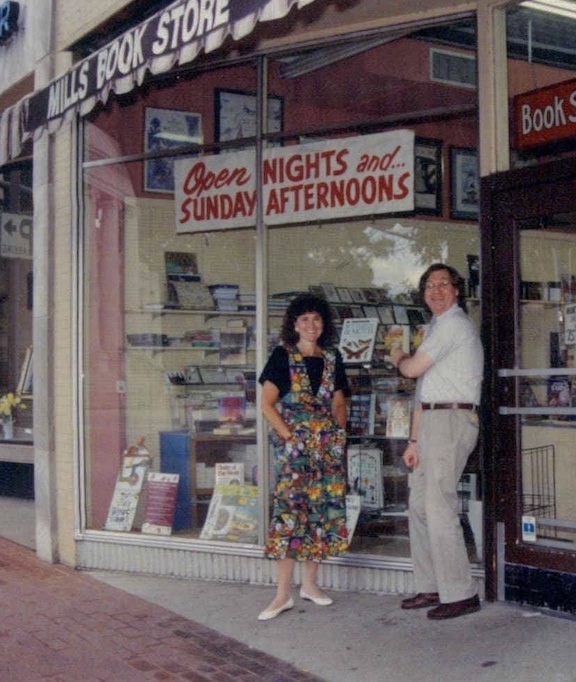Commitment
More than most writers, William was about one particular place, that clump of Middle Tennessee where he was born and raised, where he’d written, and written, and written, always to be rejected, until his breakthrough, late in life
I once asked William Gay what it was like to be a famous author in a small town like Hohenwald. Did his neighbors come around at odd hours, bug him for autographs? Did he get into conversations about his characters at the checkout counter?
He said he tried to lay low. But occasionally people did approach him. One day, he said, “This woman asked if I had someone who helped me with my writing. I said, ‘What do you mean by that?’ And she said, ‘Well, I knew your family a long time, and they’re not that smart. I knew you when you were younger, and you’re not that smart. I was wondering if you had somebody who took out the little words and put in the big words.’”
What really blew my hair back was how he told the story: he wasn’t offended, he didn’t laugh. He sounded hurt. William looked pretty hard, with a face that had gone eleven rounds with life, but he was one of the most sensitive men I’ve had the pleasure of knowing. It came out in his person, and even more in his writing.
Above all, he was sensitive about place. More than most writers, William was about one particular place, that clump of Middle Tennessee where he was born and raised, where he’d written, and written, and written, always to be rejected, until his breakthrough, late in life, with The Georgia Review. Thinly veiled Hohenwalds and Lewis Counties served as the settings for his stories and novels. He had tried to move away. He had lived in New York after leaving the Navy; in the redneck ghettos of Chicago, working at a pinball-machine factory. Now, with his success, he could move to Sewanee, or Oxford, or Chapel Hill, or some other college town and take up with like-minded folks thinking like-minded thoughts and doing like-minded things.
He had lived for a while in Oxford, actually, but he’d moved back to Hohenwald, again. His family was there, and he said he couldn’t write anywhere else. “I don’t know what it is about that,” he told me. “I’m close to the place I grew up, and the countryside, the natural part of it, hasn’t changed.”
And here was that place, Hohenwald, kicking him in the teeth. It wasn’t the only time William hinted at how hard it was for him to be accepted as a writer in his community. Back before he started selling his work, folks in his own family thought it was a bit weird that he’d spend all his time writing.
There was something heroic about William. To write, to produce something lasting for the rest of us to enjoy, and maybe learn from, he submitted himself to ridicule, ostracism, odd looks in the convenience store. And for the better part of four decades, he batted a goose egg in that particular game. It’s easy to aspire to the life of a Brooklyn novelist or a Left Bank poet. But how many of us would have the perseverance, the commitment to art of a William Gay?
Clay Risen, a contributing writer for Chapter 16, is the author of A Nation on Fire: America in the Wake of the King Assassinations. He lives in New York City, where he works as an editor for The New York Times.


